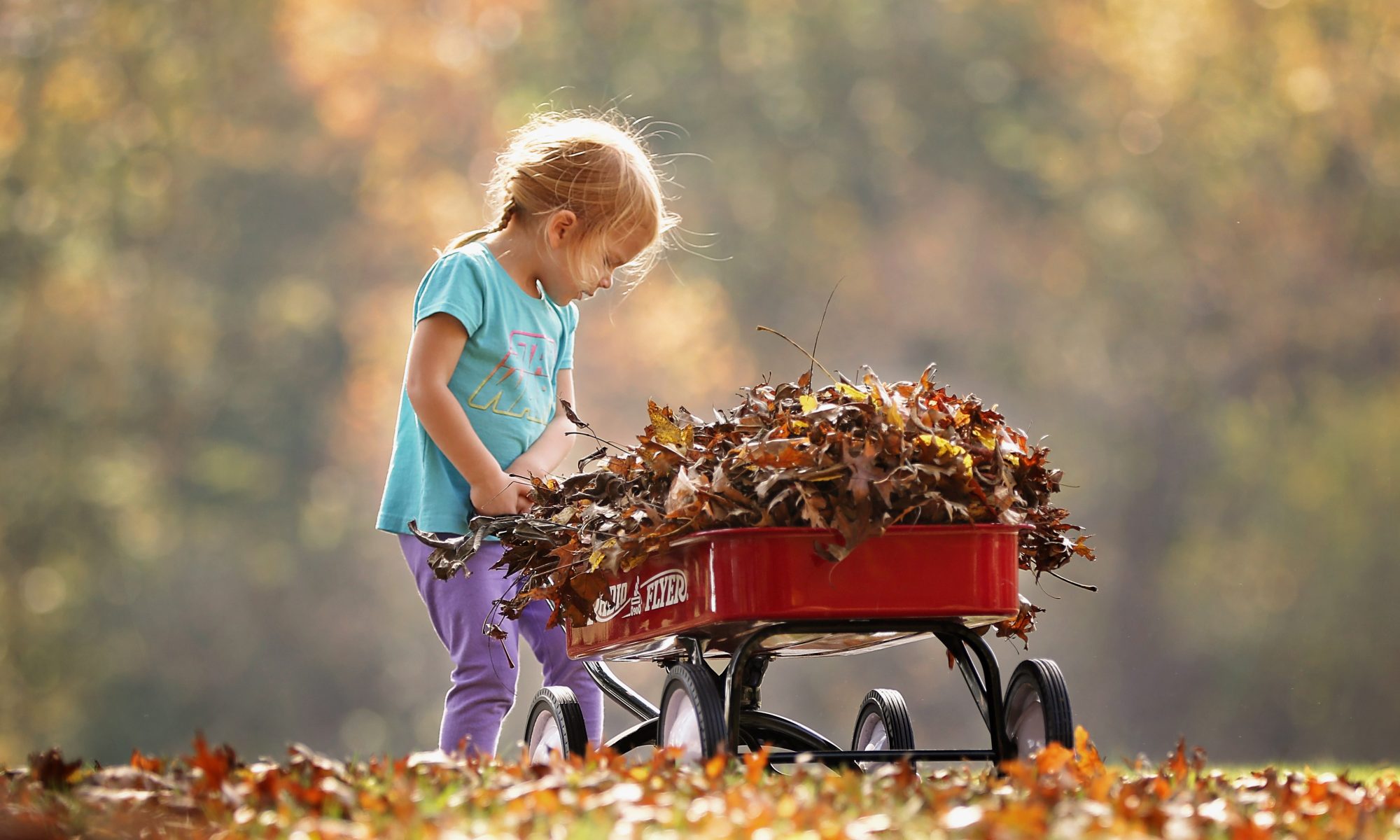“Life starts all over again when it gets crisp in the fall.”
—F. Scott Fitzgerald
There’s nothing that puts you in the holiday mood more than a chill in the air, fiery fall colors, crunchy leaves underfoot, wafts of wood smoke and shorter days. Late September and October’s the time when our family heads to the local pumpkin patch and orchard, and the smell of baking pumpkin bread and apple pie fills the kitchen. Then there’s the anticipation of special holidays approaching in rapid fire succession — Halloween, Diwali, and Thanksgiving, then Hanukkah, Christmas and Kwanzaa.
In our COVID-19-impacted environment, how our holiday celebrations will unfold with family and friends is uncertain. We will likely be challenged to get creative about how and where we gather. What is certain, though, is that safeguarding our health and the health of our loved ones will be a priority.
Beyond the uncertainty of COVID-19’s impact on our 2020 holiday celebrations, for families with food allergies, holidays are also tinged by the ‘usual’ uncertainties of life with food allergies. How can we navigate the coming holiday celebrations so we stay safe while enjoying the season?
Food Allergy Strategies for Keeping the Joy in the Holidays
As a food allergic family, you can optimize for safety during the holidays by making your home the go-to home for holiday celebrations. When you host, you have your best shot at controlling the variables that could trigger an unwelcome allergic reaction. But it can be hard to always lead the charge hosting – you might have more family than space to gather, or you might live in a location that’s hard for loved ones to visit, or you might not have the time or energy or money to host. And sometimes, you just need to let other family members take a turn.
So, when you’re not the go-to house for holiday celebrations — you’re the guest with food allergies — what can you do to keep the joy in your celebration?
Communicate! Communicate! Communicate!
People are more aware than ever before that one size no longer fits all on the food front. It’s become increasingly common for people to have special dietary needs or alternative lifestyles — think keto, vegan, vegetarian, gluten free, whole foods-plant based, low glycemic to name just a few. This heightened awareness about different dietary needs and lifestyle choices is a huge positive for families managing food allergies. Why? Because it makes having the food allergy conversation with your holiday host easier.
“The joy of brightening other lives, bearing each other’s burdens, easing others’ loads…becomes for us the magic of the holidays.” —W. C. Jones, U.S. Representative
Explain the facts
Regardless of your relationship with the host — sometimes it’s a family member; sometimes it’s a friend; sometimes it’s a more distant acquaintance or even an unknown friend of a friend — it’s important to share all the facts about your family food allergies.
Even if you’ve had The Allergy Conversation with your host before, it’s important to give them a refresh because they might have forgotten the details, they may have never understood them in the first place, or your own allergy situation might have changed. You need to:
- Explain all the food allergies your family manages.
- Provide clear examples of where your allergens can hide in common ingredients.
- Describe what cross contamination is, how it can happen, how it can be avoided
It’s important to put the information you share verbally in writing, too. A follow up email reinforces the importance of this information.
Ask lots of questions
Beyond explaining your food allergy situation, you will need to thoroughly understand your host’s plans. You’ll want to ask:
- About food preparation — What’s the planned menu? How will the food be made? (Homemade by the host? Store bought? Catered? Contributed by other guests? Some combination of all?)
- About food service – Will there be appetizers and munchies before the main event? Will food be individually plated and served from the kitchen? Will food be served family-style at the table? Or will it be self-served from a buffet? How will dessert work?
You need to walk away from this conversation with confidence that either your host clearly understands the allergy situation and is capable of providing safe food options, or not.
Brainstorm Work Arounds
If you do have confidence in your host, try to support their efforts to accommodate you. Here are some ways you can help them help you:
- Provide a list of safe brands, recipes, and trusted food vendors that work for your food allergy profile.
- Provide some guidance on how to cook for a person with food allergies.
- Ask your host to avoid serving foods with your allergens. For example, our son is ANA to eggs and peanuts. He’s also allergic to peas, lentils and chickpeas. We’ve never hesitated to ask our holiday hosts to avoid serving anything with peanuts or the other legumes. However, asking a host to cook and bake without eggs has always seemed, in our eyes, to be a much more difficult ask. Eggs are basic ingredient in many recipes and can be tricky to replace if you haven’t worked with egg replacements before. (Just try making Grandma’s cream puff recipe without eggs!)
- Ask your host to save ingredients labels from the ingredients they used in their recipes so you can vet the dishes. Our niece is an amazing baker and has mastered the art of baking egg-free cakes. She always sends us photos of each and every ingredient label for every ingredient used in her masterpieces, from the flour to the dyes to the confectioner’s sugar, before she bakes the cake!
- Ask your host if you can assemble your loved one’s plate of food behind the scenes in the kitchen before the meal is served to everyone else.
- Talk with your food allergic loved about the food plans before the gathering to help them get comfortable, to manage their expectations about the options available to them, and to see what safe food they’d like to bring from home, just in case.
- Bring some back-up food. Despite your best efforts, sometimes food plans at a gathering unravel and you need a Plan B. Consider this your Plan B.
- Role play in advance with your child. Help them find the words and practice how to politely turn down pro-offered food, how to excuse themselves so they can double check a food with you, how to politely ask another guest if they could wash their hands after eating and before playing.
If you don’t have confidence there will be safe food options at the event for your loved ones, you still can attend with a degree of peace of mind. Here’s how:
- Tactfully let your host know that you prefer to bring a safe meal from home for your allergic loved one(s).
- Offer to bring a number of allergy friendly dishes for everyone to enjoy. I became the baker I never aspired to be because of my son’s ANA egg allergy. Family members know I am good for supplying safe desserts for holiday gatherings. Bringing a contribution can lighten the prep load for the host, and reduce the stress they feel about being responsible for your food allergic loved one’s safety. From allergy friendly from-scratch cookies, to pies, cakes, and fudge — I do it all.
- Find an ally among the other guests – someone who’s prepared food for your child before, someone you’re confident understands your child’s allergies – and see if they’d also be willing to ask the host if they could bring an allergy-friendly dish or two to the gathering. For example, my sister-in-law’s son grew up with a similar allergy profile to my son. She 100% understands how to prepare safe dishes for my son and is always happy to offer to bring allergy-friendly dishes to a holiday celebration.
- Talk openly with your child in advance about the need to bring all their own safe food to the holiday gathering. Find out what special foods your child would like to eat. Sushi was always a go-to option for our son, as was anything Chipotle. My son always had allergy friendly desserts to look forward to that his cousin and I make.
- Role play, role play, role play.
It comes down to managing your own expectations
Be calm and patient when you explain your family food allergies to your host, even if you’re explaining them for the umpteenth time. Keep in mind that you are in teacher-mode and food allergies are complicated. Put any frustration you feel aside. If you do your job well, you will be able to add another person to your list of food allergy trustees.
You can always opt-out if you can’t get comfortable with the food plans for the celebration. Allergic Living magazine published a helpful article on how to kindly say ‘no’ with tact and diplomacy.
When you opt-in, plan ahead and control what you can to stay safe. Bring back-up food. Be sure to have two valid epinephrine injectors and your antihistamine with you within reach. Know where the nearest ER is located.
Be flexible. Your host may have the best of intentions, but fall short on execution. Don’t hesitate to go to Plan B after you arrive if you discover the lay of the land isn’t what you expected.
Be watchful. Share this responsibility with your partner or another trusted relative. Try to keep eyes on your food allergic loved one, even from a distance.
Be resolved to exit quickly if you feel the environment is unsafe. Leave quietly, tactfully, expressing gratitude to have been included. For example, we arrived at a family celebration in sunny SoCal and found bowls of dry roasted peanuts throughout the house for guests to nibble. We made a beeline for the backyard with our son, and kept him outside until we could explain the situation and make a graceful exit. Even removing the peanuts would not have helped, with peanut crumbs and dust flying everywhere. Our relatives understood.
Be forgiving if a food mistake happens. Holiday celebrations have many moving parts that make them complex, whether you’re hosting people with food allergies, or trying to navigate safely as a guest.
Wishing you and yours a safe, joy-filled and family-filled holiday season! You’ve got this!
“Small cheer and great welcome makes a merry feast.”
—William Shakespeare
 |
Working to make allergic living safer and easier for people through technology |
| About the Author: Gayle Rigione is CEO of Allergy Force, the food allergy management app. She’s also an allergy mom. She’s lived the heart stopping moments when her son ate the wrong thing, second guessed reactions and raced to the ER. These experiences inspire her to create tech tools for people with food allergies. Mark Twain once said, “The two most important days in your life are the day you are born and the day you find out why.” Allergy Force is her ‘why’. Whatever you do, do it with a full heart. Audentes Fortuna Iuvat | |
Thank you to Jennifer Murray on Pexels for use of the post image


